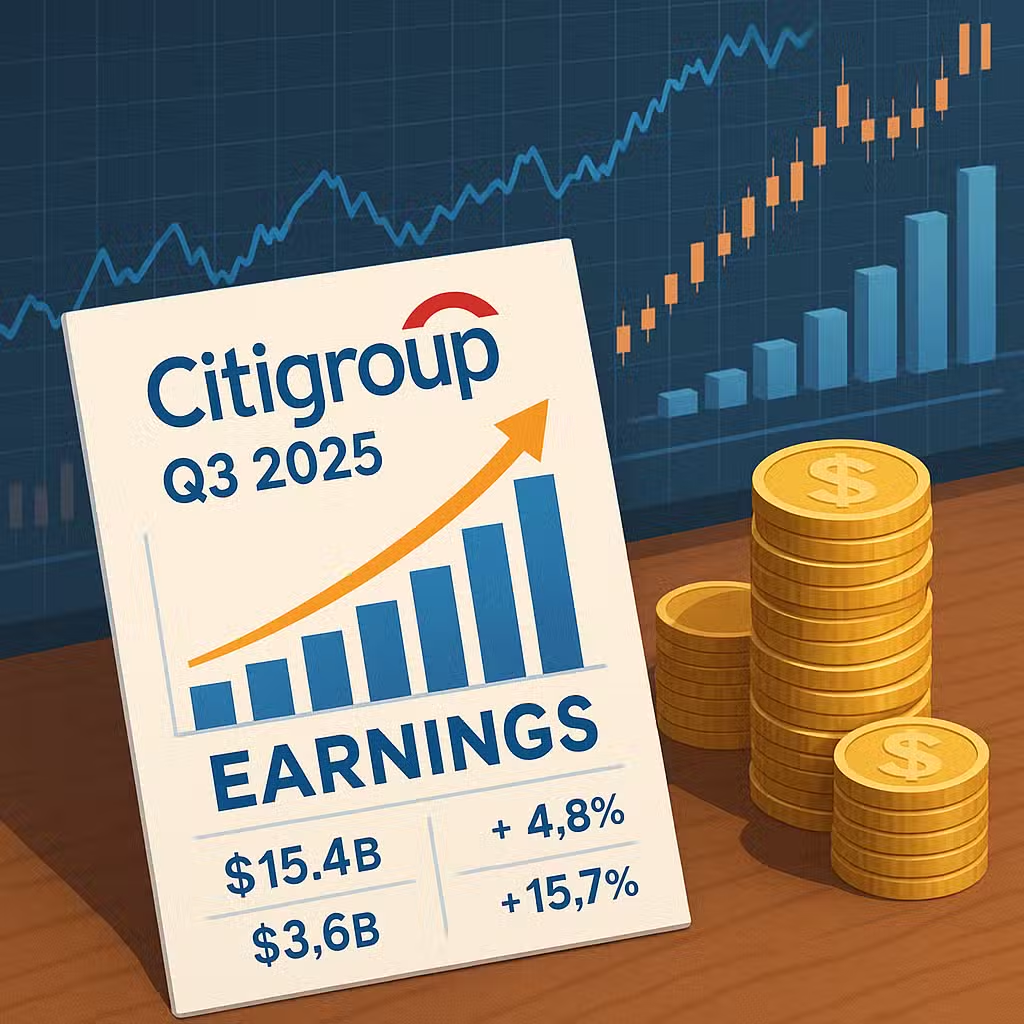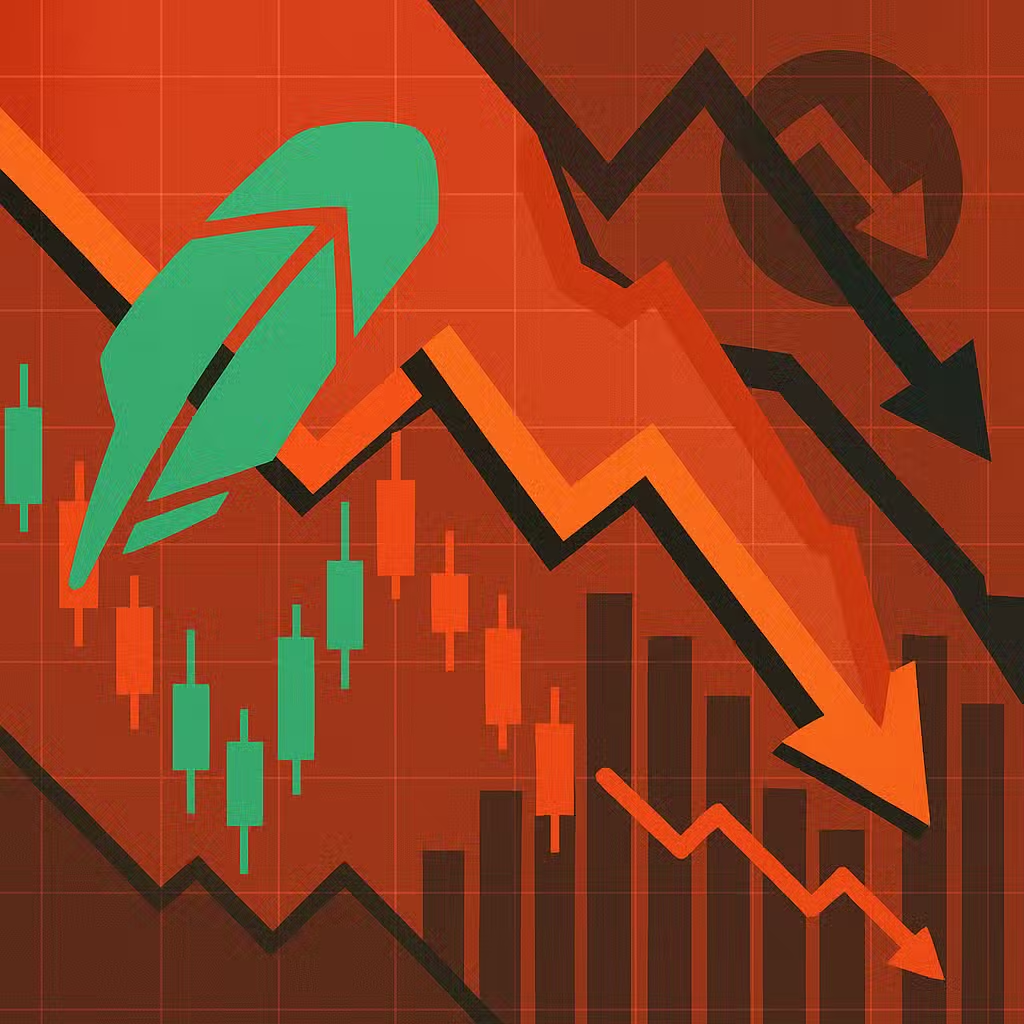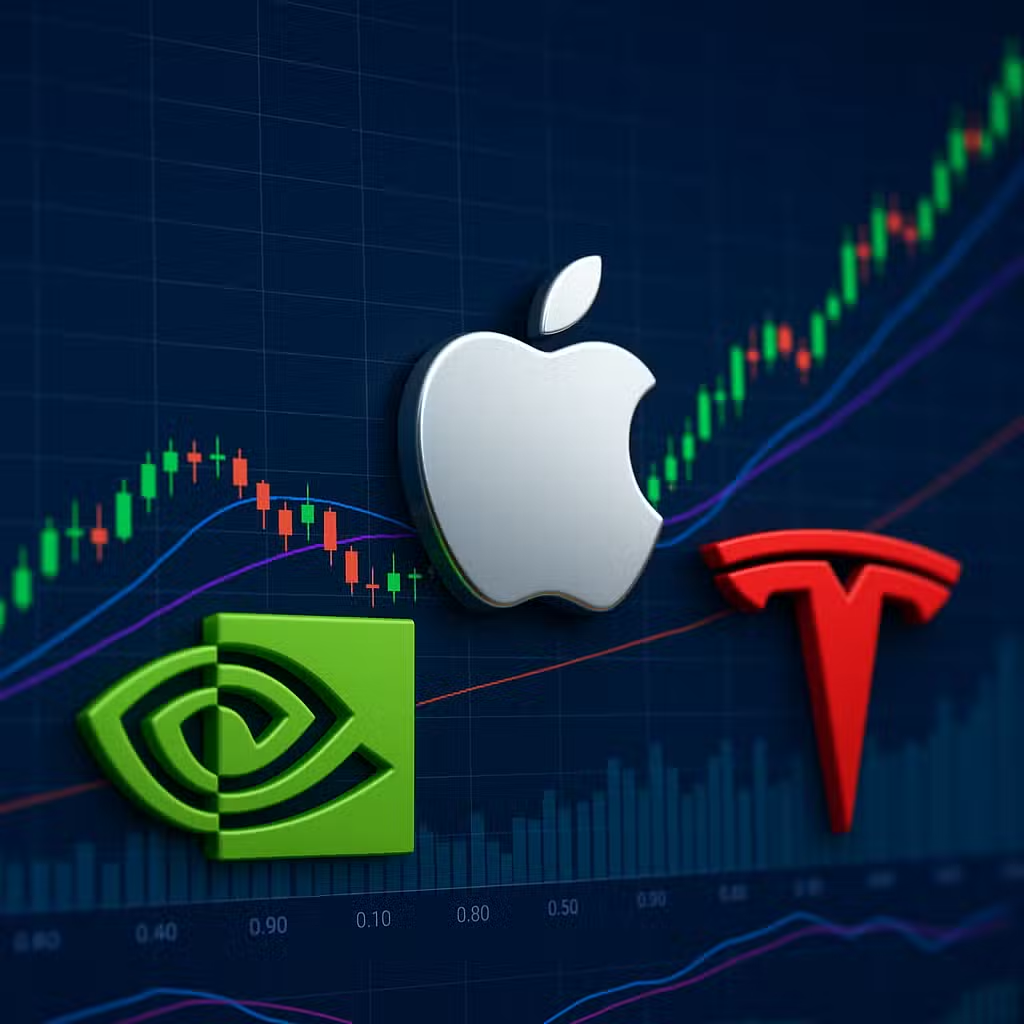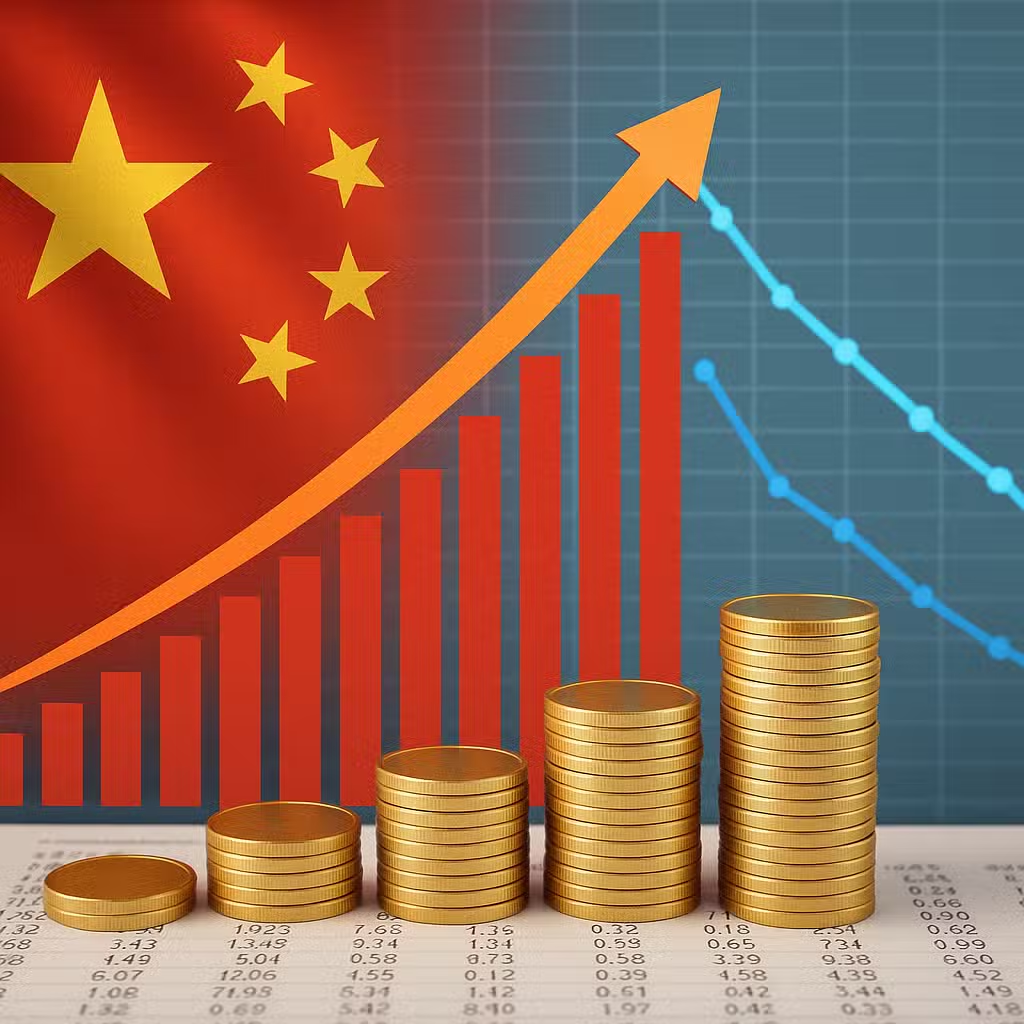Citigroup Q3 2025 Earnings: Key Results and What They Mean for Investors
Think of investing like running a lemonade stand: when your stand makes more money than expected, people get excited and want to buy a share of your business. That’s what just happened with Citigroup, a major bank, and it’s got investors buzzing.
Why Citigroup’s Big Quarter Matters for Investors
Citigroup surprised Wall Street with stronger profits and sales this quarter. When a huge bank does well, it can lift the whole financial sector and even affect the entire stock market. Investors who own bank stocks, or funds that include them, could see their portfolios grow.
The Good News: Bulls Are Cheering
- Profits Beat Expectations: Citigroup earned $2.24 per share, higher than the $1.90 analysts guessed.
- Record Revenue: The bank brought in $22.09 billion—about $1 billion more than expected.
- All Divisions Growing: Every part of the business set a record. The banking side jumped 34%, and the markets division had its best third quarter ever, up 15%.
- Stock Price Up: Shares rose more than 4% after the news, and the stock has climbed over 40% this year, beating the S&P 500. See S&P 500 details here.
- Innovation: The CEO says new products, digital assets, and artificial intelligence are making the bank stronger and more efficient.
The Other Side: What Bears Are Watching
- Rising Costs: Expenses went up 9% last quarter, mainly because Citigroup is selling part of its Mexico business (Banamex).
- One-Time Charges: The sale created a special cost called a “goodwill impairment,” which can make profit numbers look a bit unusual.
- Competition and Risks: Big banks face risks from changing interest rates, new regulations, and global economic slowdowns. In past years, other banks have stumbled when markets turned rough. For example, during the 2008 financial crisis, major banks lost billions, reminding investors that strong quarters don’t guarantee smooth sailing ahead. Learn more about the 2008 crisis.
Historical Context and Industry Impact
This isn’t the first time a bank has bounced back. After the COVID-19 crash in 2020, big banks like Citigroup and JPMorgan rebounded quickly as the economy recovered and people started spending and borrowing again. According to Statista, the world’s largest banks have seen their assets grow steadily over the past decade, showing how financial giants can weather tough times and come out stronger.
When banks post strong numbers, it can lift the whole financial sector. Financial stocks make up about 13% of the S&P 500, so what happens at Citigroup can ripple out to many investors’ portfolios.
Investor Takeaway
- Review Your Holdings: If you own Citigroup or other bank stocks, check how much they make up of your investments. A strong quarter is good, but balance is key.
- Watch for Costs: Rising expenses and one-time charges can affect future profits. Keep an eye on these trends in upcoming reports.
- Diversify: Even though banks are doing well now, it’s smart to spread your money across different sectors to manage risk.
- Follow the Big Picture: What happens at Citigroup can affect the whole market. Stay alert to news from other big banks and the broader economy.
- Stay Calm: Markets go up and down. Use strong quarters like this to review your plan, but don’t make big moves based only on one report.
For the full original report, see CNBC







